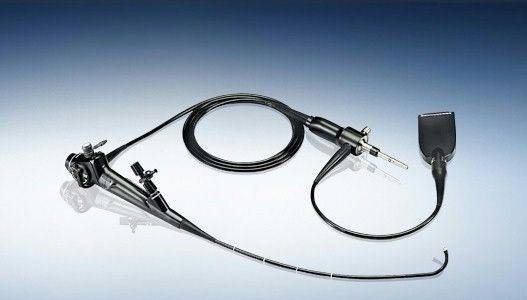We Specialise in Advanced Urologic Care
Cystoscopy
Cystoscopy enables an urologist to directly view the inside of the urinary bladder and urethra in great detail using a “cystoscope” (the instrument used).

There are two types of cystoscopies
- Rigid cystoscope: this is a solid straight telescope, which has been in use for many years. It is used alone with a high intensity light source and a separate channel to allow other instruments to be attached
- Flexible cystoscope: this is more commonly used particularly for diagnosis and for the follow up of most bladder tumours. It is a fibre optic instrument that can bend easily and has a manoeuvrable tip that makes it easy to pass along the curves of the urethra
This may be carried out under general anaesthetic, although many doctors now use flexible instruments that may allow, in some cases. The procedure is done under local anaesthetic on an outpatient basis.
Cystoscopy may be indicated for the following conditions
- Frequent urinary tract infections
- Blood in your urine (haematuria)
- Loss of bladder control (incontinence) or overactive bladder
- Unusual cells found in urine sample
- Need for a bladder catheter
- Painful urination, chronic pelvic pain, or interstitial cystitis
- Urinary blockage such as prostate enlargement, stricture, or narrowing of the urinary tract
- Stone in the urinary tract
- Unusual growth, polyp, tumour, or cancer








